Currency
PCB Surface Treatment Processes
August 24, 2022

Why do we need special treatment on the PCB surface?
Copper can easily get oxidized in the air, thus the oxide layer of copper exerts great influence on welding. When copper is oxidized, it is more likely to cause false welding. In more serious cases, the solder pad and components cannot be welded. Because of this, during the PCB manufacturing process , there will be a process that covering the surface of the pad with a layer of material to protect the pad from oxidation. Compared with different PCB surface treatment processes, their costs are different for being used in diverse situations. The common PCB surface treatment processes are: HASL (Hot Air Solder Leveling), OSP (Organic Soldering Preservative), Immersion Tin, Immersion Gold, Immersion Silver and so on.
Here are the pros and cons of different PCB surface treatment processes:
HASL(Hot Air Solder Leveling)
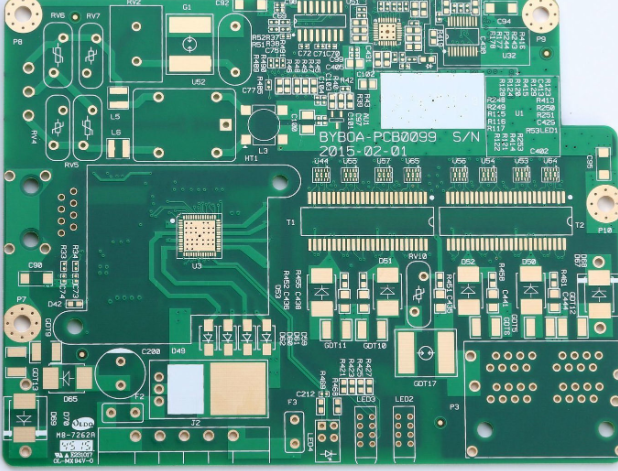
Pros: Low cost; good welding performance.
Cons: Less suitable for welding pins with fine gaps and tiny components because of the uneven surface of the spray tin plate. Solder Bead is more likely to occur in HASL processing, which may cause short-circuit to fine pitch components. In the double-sided SMT process, the second side has undergone a high temperature reflow welding, thus it is very likely to cause tin beads or similar water beads which are formed under the influence of gravity.
OSP(Organic Soldering Preservatives)
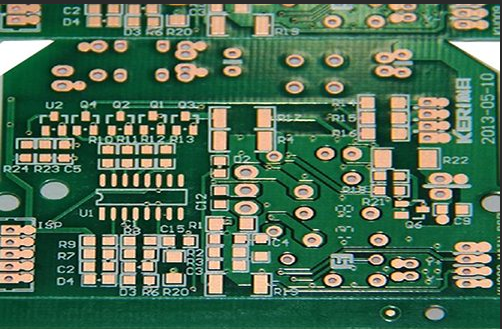
Pros: Low cost, flat surface and good weldability.
Cons: Susceptible to acids and humidity. When used in the second reflow soldering process, it needs to be completed within a certain period of time. Once the storage time exceeds three months, it needs to be reprocessed.
Immersion Gold
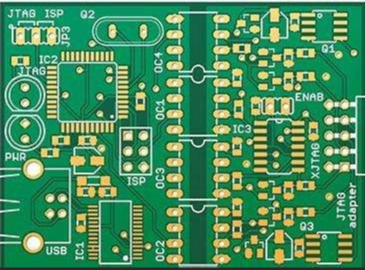
Pros: Not easy to oxidize, and it can be stored for a long time; flat surface, which is suitable for soldering fine gap pins and components with small solder joints.
Cons: High cost; poor weldability.
Immersion Silver
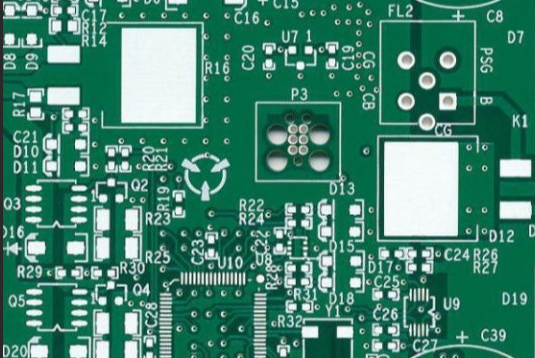
Pros: Less expensive than immersion gold; flat surface; usually applied in communication products, automobiles, computer peripherals.
Cons: Tend to lose its luster; create solder joint holes.
Immersion Tin
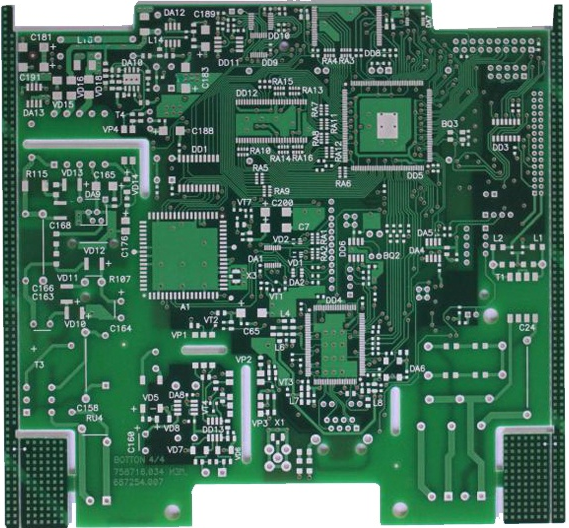
Pros: Immersion tin does not need any new elements in the welding points; particularly suitable for communication backplates.
Cons: Immersion tin needs better storage conditions in that tin will lose solderability outside the storage period. The use of immersion tin is restricted due to the carcinogens contained.
